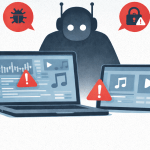The topic continues to generate discussion. And not always for the right reasons. Have we ever seen a technological advancement spark so much controversy, interest, and rejection? Artificial Intelligence is the defining theme of our time. It divides, creates countless debates, and fundamentally changes our relationship with the world and art. Music streaming is no exception. And in recent days, a historic agreement has once again shaken the streaming world. The big AI-music deal everyone is talking about: a revolution in the works? Let’s analyze it all!
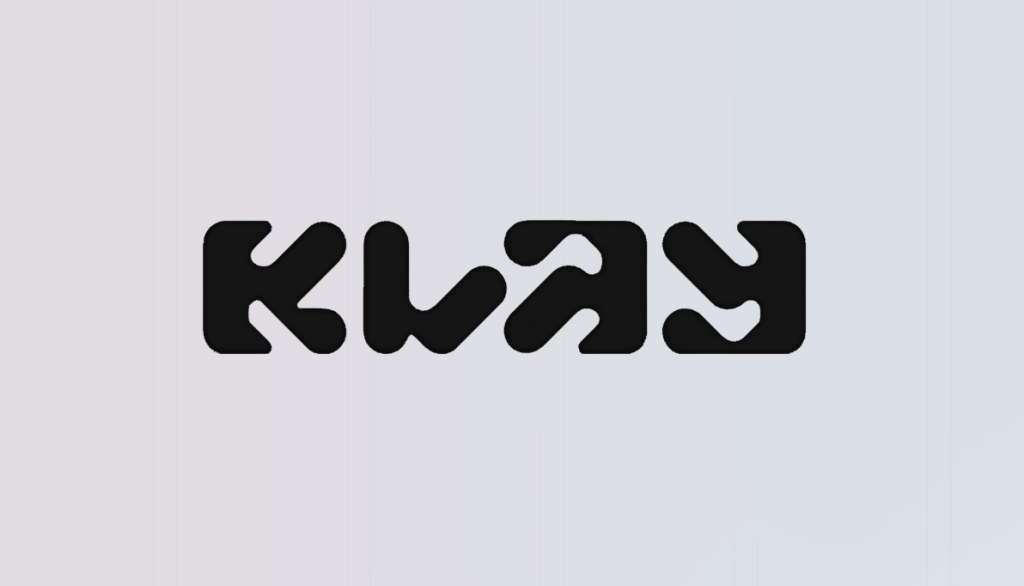
The big AI-music deal everyone talks about: what is Klay Vision?
Klay Vision is the brainchild of three men for whom music and technology are not foreign fields: music producer Ary Attie, former Sony Music executive Thomas Hesse, Brian Whitman from Spotify, and former Google DeepMind employee Björn Winkler.
Faced with the evolution of artificial intelligence and its legal challenges, the four men are taking a different approach from tools like Suno or Udio, creating ethical software that can only operate on copyrighted songs.
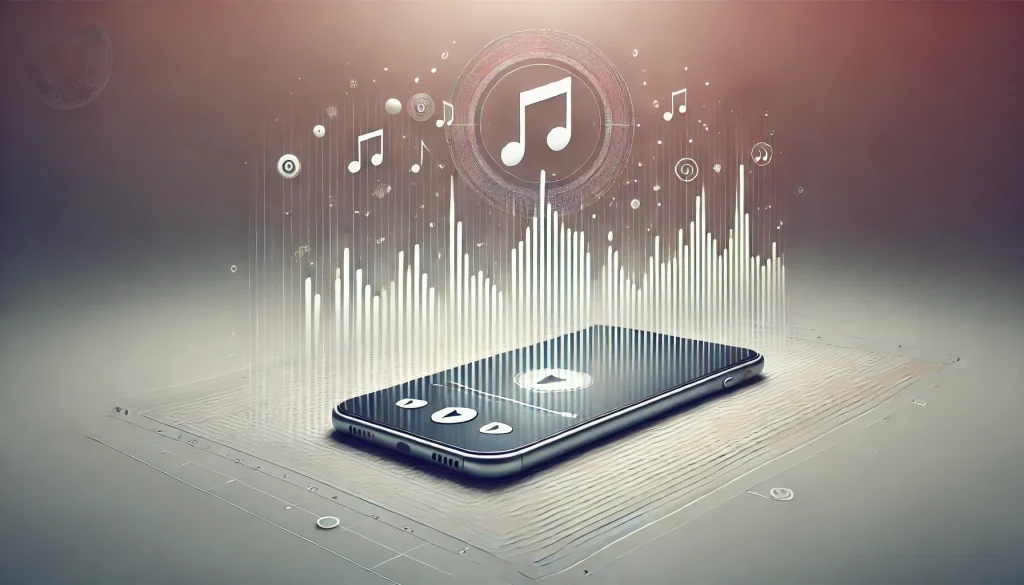
Their brainchild, Klay Vision, aims to “uplift great artists and celebrate their craft” by allowing everyone to interpret, remix, and shape songs as they see fit. Ultimately, Klay Vision hopes to create new value and revenue streams for creatives by enabling them to generate royalties and recognition based on these remixes.
Instead of developing AI tools independently, Klay Vision partnered directly with record labels from the start, aiming to create a platform that benefits all stakeholders. This strategic move could set a new standard and potentially reshape industry dynamics.
About to change the world?
Still relatively unknown to the general public, Klay Vision has nonetheless achieved a historic milestone, becoming the first AI-powered music service to sign a licensing agreement with the three largest record labels in the world. The timing is perfect: a recent study conducted by Deezer has determined that 97% of people are unable to distinguish real music from AI-generated music.
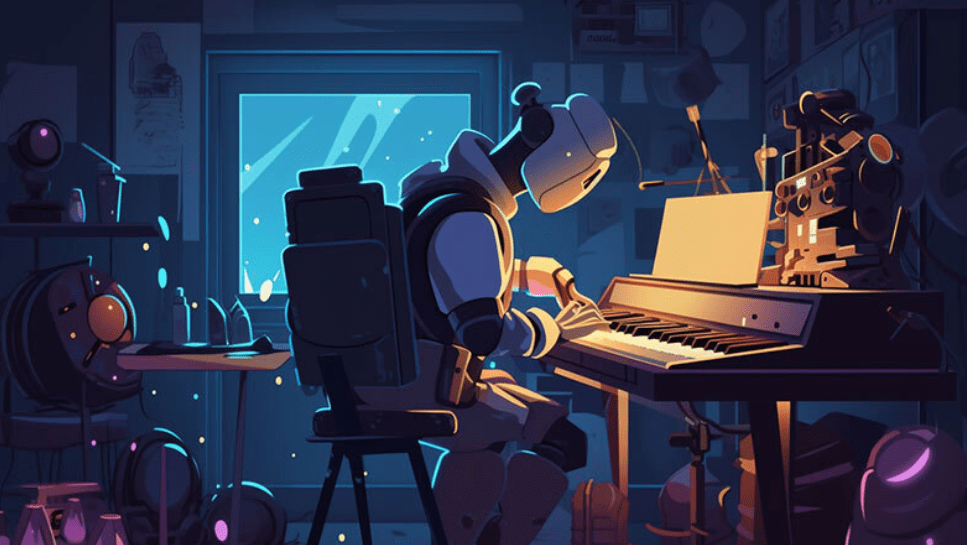
Klay Vision thus represents a new, respectful voice capable of creating a virtuous cycle. These are ambitious goals, but necessary, in an economic environment where AI weakens artists’ position, leaving their work to disappear without being able to hold onto it. Klay Vision, whose services are not yet available to users, has reportedly been working on this major contract for over a year.
So, what exactly is this big AI-music deal everyone’s talking about?
The big AI-music deal everyone talks about: what is it about?
It’s been in the works for months, but it’s now official: Klay Vision has struck a deal that will allow the startup to use music from artists signed to three of the world’s biggest labels. Universal, Sony Music, and Warner Music Group—in other words, the vast majority of the world’s music industry—have made songs available for Klay Vision to train its artificial intelligence models. Simply put, they’ve granted Klay Vision licenses to their catalogs. It’s as if they’re saying to the startup: “Here’s what we’re giving you, use these songs however you want, but in return, pay the required royalties to the rights holders.”
The goal? “To further evolve music experiences for fans, leveraging the potential of AI, while fully respecting the rights of artists, songwriters, and rights holders.”
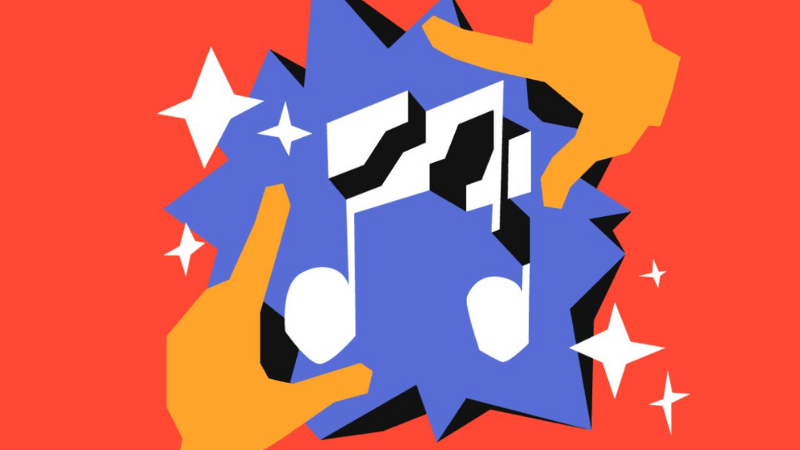
Stated simply, this raises questions about whether AI-generated music based on existing works can genuinely be ethical, particularly when it operates within a legal framework and with rights holders’ approval. This ongoing debate is crucial for understanding the future of AI in music.
This deal is surprising, but it could be a step in the right direction. AI has invaded everything. It’s now useless to try to eliminate it or slow its spread. It has become too powerful, too quickly, and the legal barriers to the creation and protection of artists’ rights have been slow to materialize. But is it possible to control it? To modulate its use? That’s the gamble the three major labels are taking by signing a contract with Klay Vision.
Clear path
The goal is to maintain control over AI and use it to one’s advantage. To make it a tool for creation rather than destruction. And to allow rights holders to generate revenue, rather than suffering the consequences without reaping any financial benefit.
Carletta Higginson, Warner’s EVP and CDO, explains: “Our goal is always to support and elevate the creativity of our artists and songwriters, while fiercely protecting their rights and works […] From day one, Klay has taken the right approach to the rapidly evolving AI universe by creating a holistic platform that both expands artistic possibilities and preserves the value of music. We appreciate the Klay team’s work in advancing this technology and guiding these important agreements.”
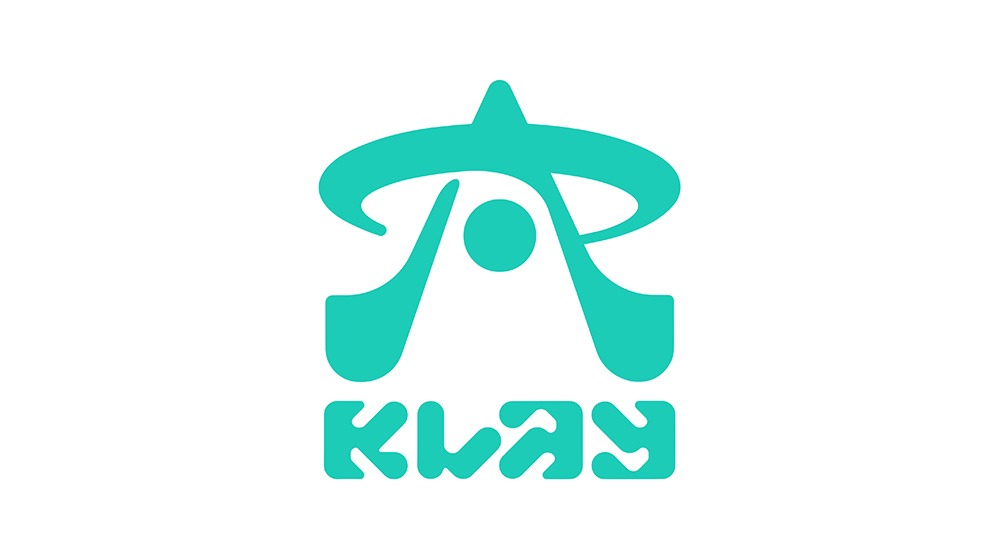
The next step? Including songs hosted on labels worldwide within Klay Vision, to leverage an infinite catalog. This new deal could therefore be just the first step in an expansion strategy.
The big AI-music deal everyone talks about: the consequences!
By allowing music lovers to take control of existing songs with the artists’ and labels’ agreement, it’s as if we’re telling them that music is a fluid entity. Something that can be transformed, explored, and reinterpreted. As if, also, the original artists are no longer in control of their work, but rather submit it to interpretation. Is this so different from remixes, which DJs have been doing since the dawn of time? Not really. And is it problematic for music to be remixed and modified, as long as it’s done within a legal framework? Can we consider that the original work loses its value, its power?
Universal Music believes that all of this can only be beneficial: “Building generative AI music models ethically and fully respectful of copyright, as well as name and likeness rights, will dramatically lessen the threat to human creators and stand as the greatest opportunity to be transformational, creating significant new avenues for creativity and future monetization of copyrights.”
Philosophical matters
More than just a new technological tool that currently serves as a fun gadget, Klay Vision actually raises questions about artistic creation and the blurring of the lines between creators and their audience. The startup states: you, the listeners, can take control of your favorite music. No musical training, no prior experience required. The tool allows you to become a musician and unleash your creativity. But by changing a song again and again, what will remain of its original intentions? And can we really, as Klay Vision suggests, alter everything while arguing that providing creative tools to everyone stimulates the creativity of the global population? Finally, is art meant to end up in the hands of people who had no involvement in its creation?
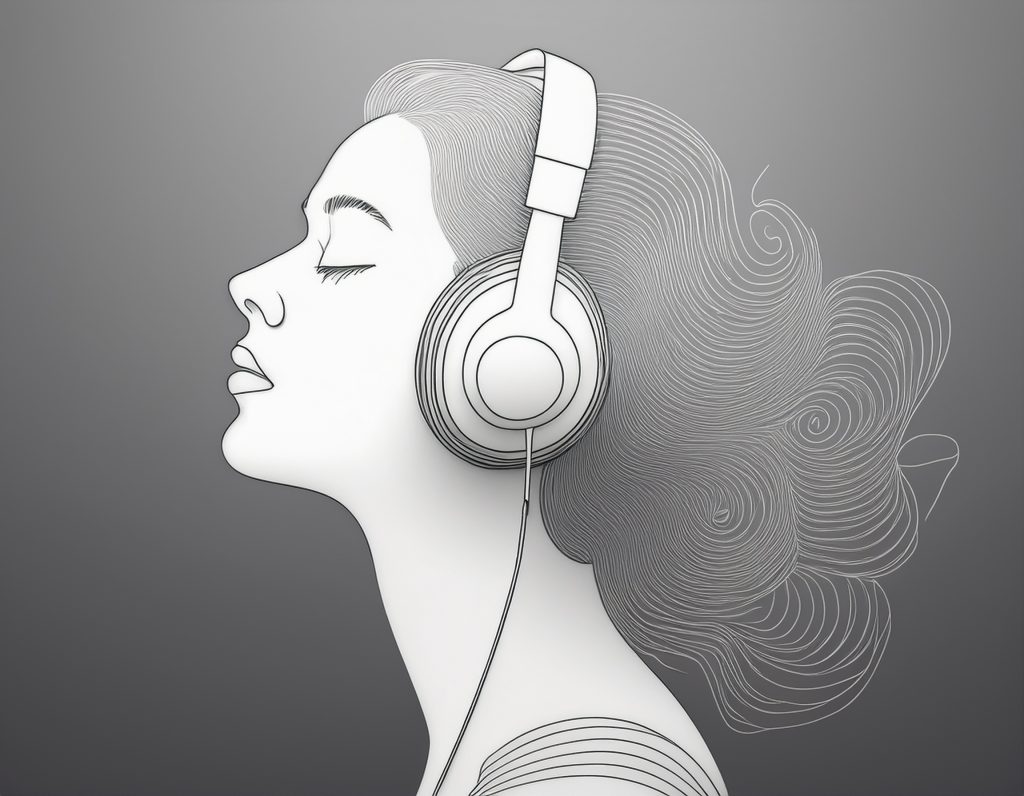
Klay Vision and its agreement with the three major record labels raise as many legal as philosophical debates. A dual dimension which is, ultimately, a metaphor for those who have been stirring up the whole world since the proliferation of Artificial Intelligence!


